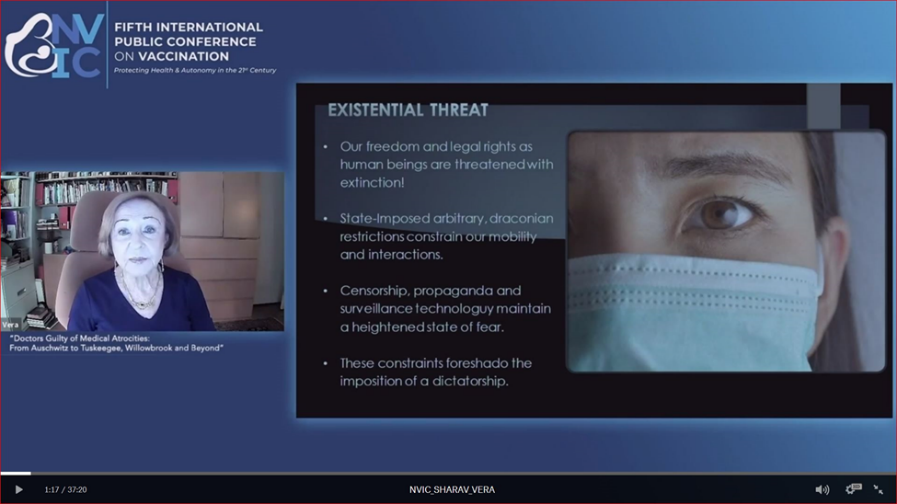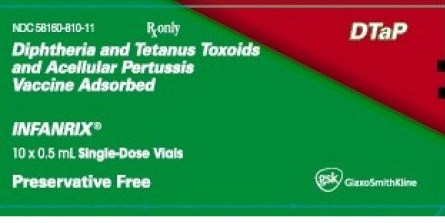
Similar Posts
FDA to Review Safety of Electroshock Devices
"Despite ongoing controversy, there has never been a large-scale, prospective study of the cognitive effects of electroconvulsive therapy (ECT)." Dr. Harold Sackeim, et al, 2007.
Science Refutes Claims of Drug Benefit: Antipsychotics Found Harmful_NEJM
"The drugs most commonly used to soothe agitation and aggression in people with Alzheimer’s disease are no more effective than placebos for most patients, and put them at risk of serious side effects, including confusion, sleepiness and Parkinson’s disease-like symptoms, researchers are reporting
today."

2018 CDC Advisory Committee Recommendations Re: DTaP Vaccine
Parents need to know the facts about vaccine safety issues, about which they are never informed; they are provided instead with propaganda. The CDC website and public health officials regularly misinform parents, doctors, the public, and Congress. The story line repeatedly recited in public by “authoritative” health officials, influential academic…
FDA Expands Market for Another Toxic Antipsychotic
According to a report by the Associated Press, the FDA has approved expanded use of Merck’s toxic antipsychotic drug, Saphris, for treating acute manic-depressive behavior in adults. Antipsychotics (neuroleptics) are a controversial class of drugs: Risperdal (approved in 1993), Zyprexa (1994), Seroquel (1997), Abilify (2002), and Saphris (2009). These drugs’…
FDA Strengthens Warnings on ADHD psychostimulant Drug Risks_NYT
The New York Times reports (below) that after months of foot dragging, the FDA has finally issued additional warnings on the labels of widely
prescribed psychostimulant drugs–Ritalin, Adderall, Concerta.
Is FDA Bipolar or Complicit in Legitimizing Illegal Marketing?
The FDA’s expanded marketing approval process for antipsychotics, highly toxic drugs, is unaffected by evidence uncovered by the US Justice Department showing that the studies submitted by drug manufacturers were often flawed, if not fraudulent.
